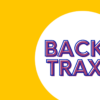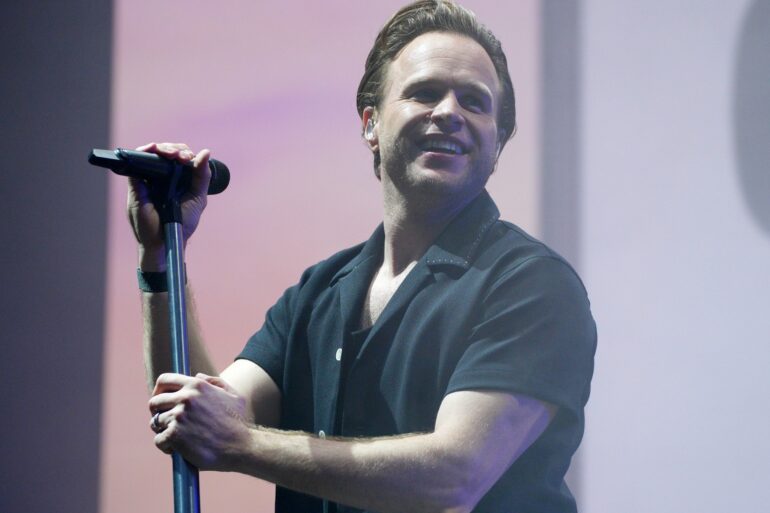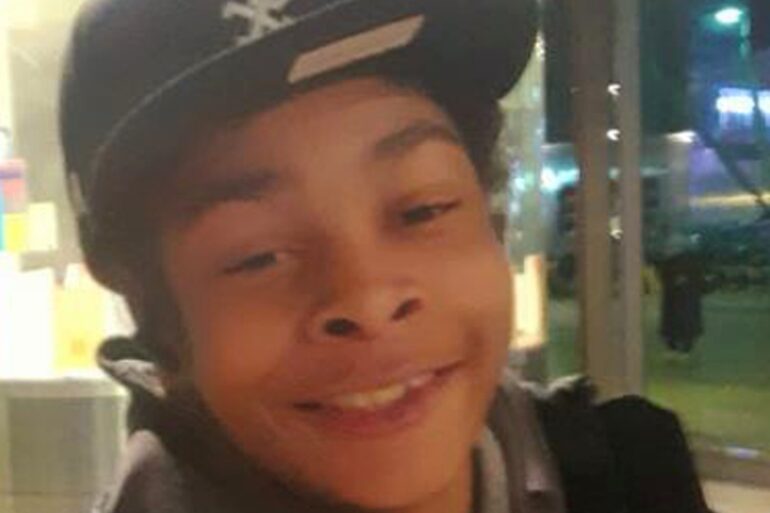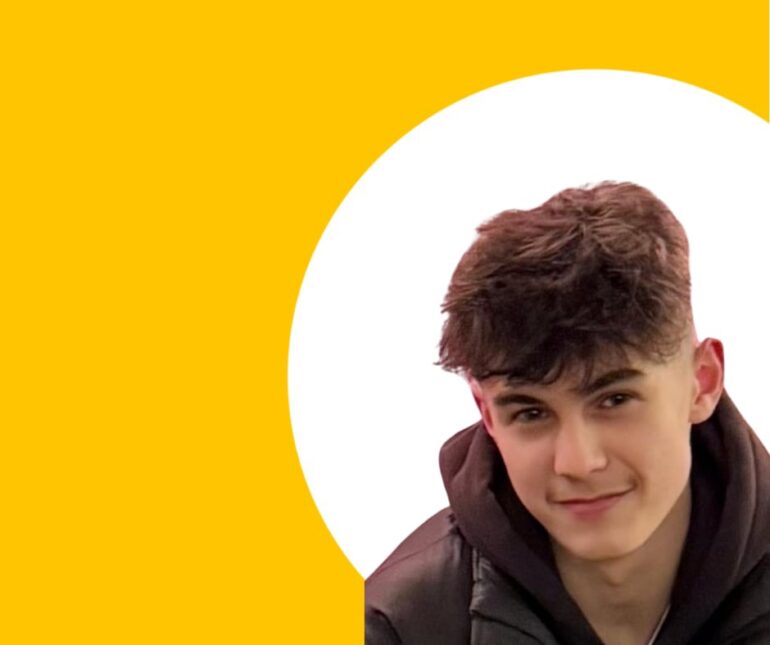-
 play_arrow
play_arrow
Kl 1 Radio Local radio for west Norfolk
-
 play_arrow
play_arrow
KL DISCO KL Disco Playing Disco Music from the 70's onwards.24/7
-
 play_arrow
play_arrow
KL COUNTRY KL COUNTRY Playing New and Classic Country Music 24/7
-
 play_arrow
play_arrow
KL ROX KL ROX The best of New and Classic Rock.24/7
-
 play_arrow
play_arrow
KL SUMMER Summer Vibes 24/7 from KL1 Radio across West Norfolk
-
 play_arrow
play_arrow
KL CLASSICAL Your Symphony Starts Here
-
 play_arrow
play_arrow
KL CHILL Just Chill!
-
 play_arrow
play_arrow
KL POP The Best POP Hits all day Long!
-
 play_arrow
play_arrow
KL XTRA KL XTRA
music_note

Mothers in impoverished Ivory Coast cocoa communities say fairer prices and contracts are helping to transform their lives and support their children.
The west African nation is the biggest producer of cocoa in the world, with farmers in the region of Tonkpi supplying chocolate global markets, including the UK.
But years of unfair trade practices have eroded farmers’ ability to reinvest in their land as climate impacts worsen, causing productivity to drop and prices to skyrocket.
While UK shoppers pay 50% more for chocolate this Mother’s Day, farmers living in poverty at the other end of the supply chain are also getting little financial benefit from the spiking price of cocoa.
Women in these communities are facing particularly acute challenges, including gender inequality, economic exclusion and next to no access to maternity care.
Yeyasso, a farming co-operative with 7,000 members based in the western city of Man, is using the premium it receives from selling 20% of its cocoa on Fairtrade terms to tackle some of these deep-rooted issues, although resources remain scarce.
The group has put women through leadership programmes, built basic maternity clinics and set up entrepreneur associations in several remote villages.
Before Yeyasso built a clinic in the village of Podiagouime, Angele Oulai, 47, said pregnant women had to travel nearly 20km on foot or pay for motorbike travel to get maternity care.
The journey’s expense and distance meant many women died, the mother-of-two said, recalling how she herself gave birth on the road and how she held the newborn baby of a close friend who died before her eyes at home without medical care.
“I was very afraid during my next pregnancy. I didn’t know what would happen to me,” she said. “All women were scared.
“Then one day Yeyasso came by surprise and built the clinic. That day I nearly went crazy, it was like a dream to me.”
However, local midwife Ferehala Diarrasouba warned that the clinic needs more resources and is missing critical equipment, including adequate beds, blood pressure and hygiene equipment, respiration machines, heat lamps and family planning facilities to provide contraception.
“My work is very stressful,” she said.
“When a woman is about to deliver, it’s not comfortable. The beds aren’t adapted and she can fall off while in labour.
“If there is a haemorrhage, it’s really difficult because I don’t have the equipment and resources to stem the bleeding.”
Meanwhile, mother-of-six Erika Dion, 36, from the village of Yapleu, said the farming and economic challenges they face “are getting worse”.
But Ms Dion said attending Fairtrade Africa’s women’s leadership school gave her the confidence and skills to succeed as a female farmer and community leader in a sector dominated by men, calling it a “celebratory step in my life”.
“If a woman is independent, it really helps society. I’m independent now and can take care of my children,” she said.
“For us to farm, it makes us proud. It empowers us. It’s part of women’s autonomy.”
Premium-backed Village Saving and Loan Associations (VSLAs) in the communities mean women can also now pool their money and invest in income-generating activities, such as starting up a restaurant or growing a new crop.
Geraldine Guru, 38, VSLA secretary in the village of Gouele, said she previously had to rely on her husband to support their seven children before she borrowed money to set up a small shop.
“As a woman here in the village, in any case, it’s really hard,” she said. “So, I really thank the association because it allows women to be independent.
“My children are the ones who motivate me in this. They always give me the strength to get up every day, to get things done, to fight like crazy.”
Yeyasso now hopes it can double the premiums used to fund these projects across all 44 communities as it pilots a new supply change initiative led by Fairtrade.
The Shared Impact project, which was green-lit by the UK competition watchdog last year, aims to bring supermarkets together to buy commodities on longer-term contracts, providing stability and investment certainty to struggling co-operatives.
Yeo Moussa, Yeyasso’s director-general, said: “With the 20% fairtrade market we got, women could take part in leadership schooling, which has created a mindset shift in communities as the new leaders explain why women have to play a key role in the system.
“With Shared Impact, the co-operative will be able to consolidate these achievements.”
Doumbia Abou Zeid, chairman of Yeyasso’s board, called it “a win-win programme”.
“Shared Impact takes everyone into consideration – everyone,” he said. “It aims to improve many things and have a positive impact on the farmers at a grassroots level.”
M&S is the first supermarket to sign onto Shared Impact, working with Fairtrade and Yeyasso to ensure proof of concept, while talks continue with another major European supermarket chain that cannot yet be named.
Lucinda Langton, head of sustainability at M&S Food, said: “This new Shared Impact model offers us the opportunity to strengthen the resilience of our cocoa supply chains by better supporting our growers and producers in the way they farm and boosting their incomes.”
The women of Ivory Coast urged more supermarkets and consumers to buy cocoa and chocolate on fairer terms to help more mothers living in poverty.
“We reach out our hand to you,” Ms Oulai said. “This is Africa for you. We are working hard, we are not well compensated for that work but we hope God has heard our voice and you will help us go further.”
Show less
Published: by Radio NewsHub
Similar posts
Upcoming shows

StressBusters
11:00 pm - 12:00 am

Night Trax
1:00 am - 6:00 am

Weekend Back Trax
6:00 am - 8:00 am

Kelvin Scott – Weekend Breakfast
8:00 am - 11:00 am

Tom Green – Classic Hit Lunchtime
11:00 am - 1:00 pm
Message Us
Copyright The Mediasite UK - 2025








